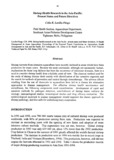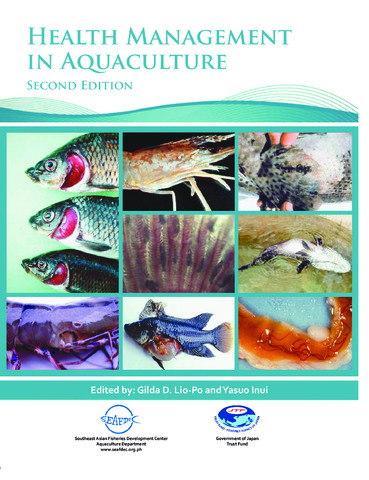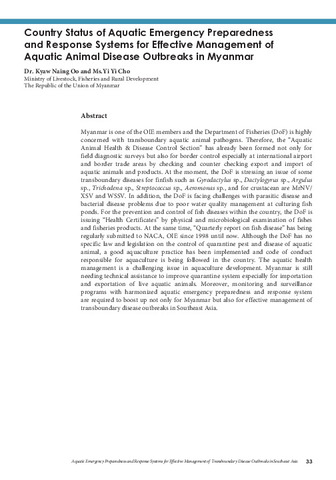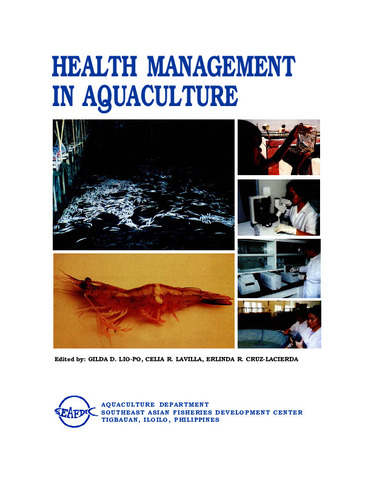Shrimp health research in the Asia-Pacific: present status and future directives
Share
Abstract
Shrimp harvests from intensive aquaculture have recently declined in areas which have been productive for many years. Because the most convenient, although not necessarily factual, explanation for these crop failures has been the occurrence of infectious diseases, there is a need to consider shrimp health from a holistic point of view. The classical method used for the study of shrimp disease dealt mainly with identification of the causative organism and the search for methods of prevention and control through chemotherapy. The adverse affects resulting from the use of chemicals in aquaculture have led to a clamor for alternative approaches to disease management. For effective shrimp health maintenance and surveillance, the following components need consideration: development of rapid and sensitive methods for pathogen detection; establishment of shrimp tissue cultures for virology; immunological studies, toxicological studies and drug efficacy evaluation. The epidemiological approach to disease management should augment the classic approach to shrimp pathology, and this calls for multidisciplinary cooperation.
Suggested Citation
Lavilla-Pitogo, C. R. (1996). Shrimp health research in the Asia-Pacific: present status and future directives. In R. P. Subasinghe, J. R. Arthur & M. Shariff (Eds.) Health Management in Asian Aquaculture. Proceedings of the Regional Expert Consultation on Aquaculture Health Management in Asia and the Pacific (pp. 41–50). FAO Fisheries Technical Paper No. 360. Rome: FAO.
Subject
Koleksi
Related items
Showing items related by title, author, creator and subject.
-
Health management in aquaculture
Lio-Po, Gilda D.; Inui, Yasuo (Aquaculture Department, Southeast Asian Fisheries Development Center, 2010-07)A textbook on diseases of cultured warmwater fish and shrimps in the Philippines. Eleven chapters cover essential information on the basic principles of disease causation, major diseases of cultured fish and crustaceans, ... -
Country status of aquatic emergency preparedness and response systems for effective management of aquatic animal disease outbreaks in Myanmar
Oo, Kyaw Naing; Cho, Yi Yi (Aquaculture Department, Southeast Asian Fisheries Development Center, 2019)Myanmar is one of the OIE members and the Department of Fisheries (DoF) is highly concerned with transboundary aquatic animal pathogens. Therefore, the Aquatic Animal Health & Disease Control Section has already been ... -
Health management in aquaculture
Lio-Po, Gilda D.; Lavilla, Celia R.; Cruz-Lacierda, Erlinda R. (Aquaculture Department, Southeast Asian Fisheries Development Center, 2001)A textbook on diseases of cultured warmwater fish and shrimps in the Philippines. Eleven chapters cover essential information on the basic principles of disease causation, major diseases of cultured fish and crustaceans, ...





